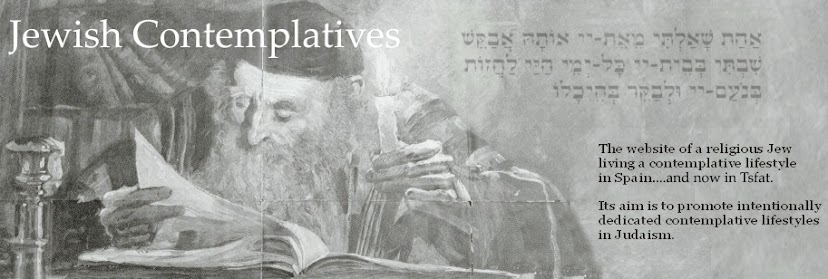“And Aaron shall bear the judgment of the people of Israel upon his heart before HaShem continually”Exodus 28:30
This text from Parashas Tetzaveh describes the Breastplate and the Urim and Thumim which Aaron wore as part of his ceremonial robes as the first high priest.
Judaism has no High Priest these days, and so the offices of the Temple are performed by each individual Jew when reciting the daily services. Each one of us bears the responsibility for the entire nation upon our individual hearts. In our worship, we often make special mention of people or causes which we seek to commend to God—a prayer for the sick or troubled people we care about who need a spiritual hug, or a plea for peace between opposed or squabbling factions. But one of the hidden messages of this little verse in Tetzaveh is perhaps that we actually bear those good intentions imprinted on our spiritual hearts already. The vestments are principally a “memorial” or a reminder of something which exists as a spiritual reality.
The spiritual reality here is that each of us is a “part” of God; each of us shares a common humanity; and each of us shares the same “Soul” with all the children of Israel (and indeed with all the Children of Adam). Consequently every action we undertake is simultaneously a personal act and a cosmic one.
When we pray each Shabbos—even though we do not make liturgical mention of our needs on the Sabbath day—we are taking the needs of Israel, of humanity, and of all creation with us into the Sanctuary which that Day creates. The observance of Shabbos is like a silent prayer.
Our task on Shabbos is to “rest”—but just as Aaron wore those vestments as a silent prayer of supplication—so our observance of the Sabbath is also a silent prayer of supplication. By observing the peace (shalom) of Shabbos, we are actually “praying for” peace. By observing the rest (menuchah) of Shabbos we are actually “praying for” the end of strife and conflict. By observing the joy (simcha) of Shabbos, we are actually teaching ourselves to see the positive in all our changeable circumstances.
Such Peace, Tranquility, and Joy are things we would all wish for our friends and for all the World. Focussing on these concepts and practices each Shabbos is a way of realising that they are things we can choose; things we can create; things we can believe in. We are given them as a gift on Shabbos but in the six days of the week which follow we are expected to bring them into existence ourselves by our communal effort in all our week-day encounters.
To put it another way: The best way to “bring Moshiach” is not to ask for that as a gift but to make it happen by our own observance, and especially by letting our Shabbos observance (and insights) inform our weekday actions. And what each one of does as an individual to make this happen is automatically connected to the welfare of the entire Community.
This is what we lay upon our hearts when we “enter the sanctuary” and what we are expected to remember once we have “disrobed” at havdalah.
Norman R Davies
March 2 2012
.

